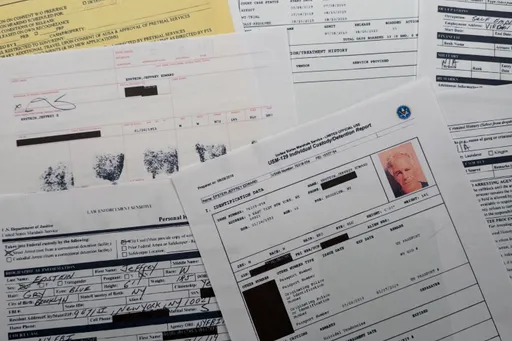Researchers in Iceland have concluded that shorter working hours for the same pay resulted in people being just as productive, if not more, in a study described as an "overwhelming success" by its authors.
The study carried out between 2015-2019 ran large scale trials with a reduced working week of 35-36 hours which saw more than one percent of the country's population, around 2,500 people, partaking.
Following the success of the trials, the country's trade unions campaigned for a shift in working patterns which has since resulted in 86 percent of the country's workforce working shorter hours or gaining the right to shorten their hours for the same pay.
Other key findings from the study found that the wellbeing of workers dramatically improved. For example, employees reported perceived stress and burnout went down drastically while work-life balance and their general perceived health improved.
"This study shows that the world's largest-ever trial of a shorter working week in the public sector was by all measures an overwhelming success," said Will Stronge, director of research at Autonomy, a UK based think tank that oversaw the study with the Association for Sustainable Democracy (Alda) in Iceland.
Stronge added that the study shows that the "public sector is ripe for being a pioneer of shorter working weeks – and lessons can be learned for other governments."
During the trials, the cost of shorter working hours remained neutral for the government, suggesting that working less doesn't result in less economic output from employees.
Gudmundur Haraldsson, a researcher at Alda, said, "The Icelandic shorter working week journey tells us that not only is it possible to work less in modern times but that progressive change is possible too.
"Our roadmap to a shorter working week in the public sector should be of interest to anyone who wishes to see working hours reduced."
Other countries trialling a shorter working week
The Covid-19 pandemic has given many developed and developing countries an opportunity to rethink what a post-pandemic working world will look like.
A recent study in Spain concluded that a four-day working week should be at the heart of a post-pandemic recovery plan.
One of the people behind the study, speaking to TRT Worldearlier this year, concluded that "What the pandemic has done is shown us that the traditional model is not necessary for the operation of business. It challenged the fallacy of time in the office being equated with productivity."
Even the Japanese government is setting out guidelines rethinking the country's notoriously harsh working culture and giving employees the option of four-day working weeks.
The country regularly sees people working more than 50 hours per week, resulting in deaths from burnout.
Japan even has a recognised term known as "karoshi", which describes "death by work."
Despite its culture of long working hours, the country's productivity is no better than the OECD average of other industrialised economies.
An idea whose time has come?
In 1930 the British economist John Maynard Keynes said that by the beginning of the 21st century, the average working week would only be 15 hours.
Rising productivity and technological leaps would allow people to pursue their own interests rather than engaging in work-based drudgery, which many workers find themselves in.
Needless to say, his prediction has yet to come to fruition, but with a growing body of studies, the pandemic has given people a glimpse into doing things differently.
In the US, millions of people have quit their jobs in recent months. The growing trend has been attributed to people seeking a better work-life balance and growing unwillingness of being frogmarched back into work.























